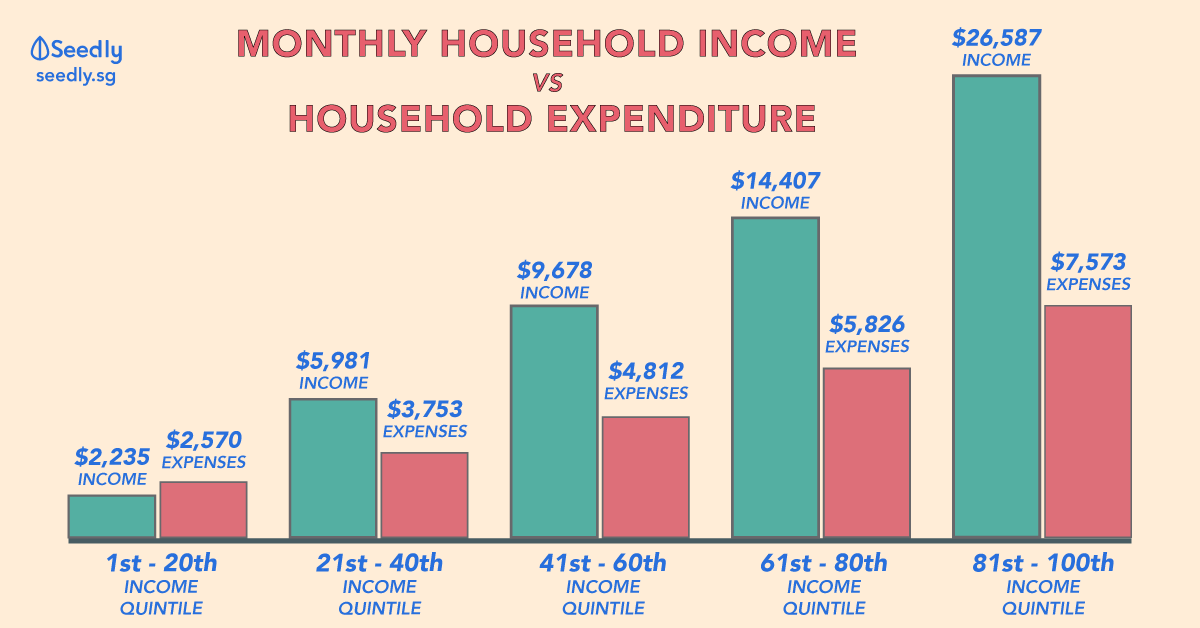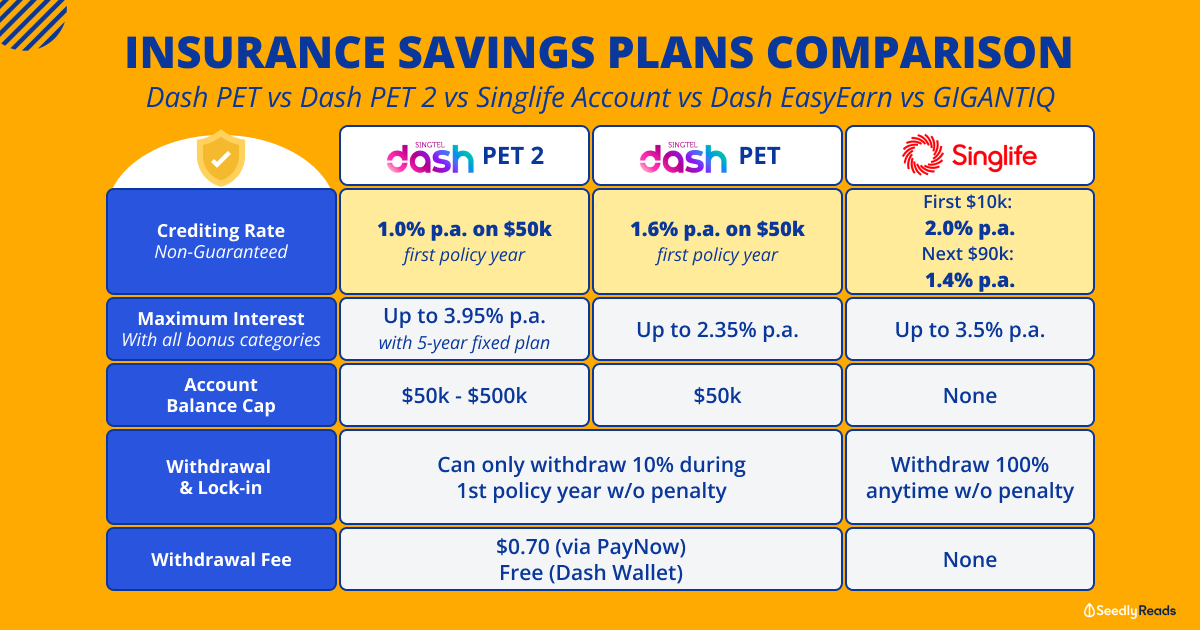Advertisement
Anonymous
Disability Income vs ElderShield/CareShield?
Hi everyone. I had read through the discussions about Disability Income (DI) insurance and need your advice.
.
- If I have a stroke and become half-paralysed permanently, will DI pay me until 65 year old?
- One key thing that I understood is that if I'm still being paid by my company, I will not get any compensation from DI. Therefore, I don't understand why I need DI. Am I correct here? Did I miss out anything?
My issue is I still don't understand when is DI the most useful.
1
Discussion (1)
What are your thoughts?
Learn how to style your text
Hariz Arthur Maloy
20 Apr 2020
Independent Financial Advisor at Promiseland Independent
Reply
Save
Write your thoughts
Related Articles
Related Posts
Related Products

Great Eastern GREAT CareShield
4.1
18 Reviews
$5,000
MAX MONTHLY BENEFIT
Unable to perform ≥ 1 ADL
MONTHLY PAYOUT CRITERIA
300% of first monthly benefit
MAX LUMP SUM PAYOUT
Unable to perform ≥ 1 ADL
LUMP SUM PAYOUT CRITERIA

Singlife Careshield Standard
4.3
3 Reviews

NTUC Income Care Secure CareShield
No rating yet
0 Reviews
Related Posts
Advertisement








Own Occupation Disability Income will pay you up to the benefit amount chosen whn you're deemed unable to perform the material duties of your occupation.
Let's assume that being half-paralysed permanently falls into the above mentioned definition.
Then yes you will get paid your benefit chosen. But you brought up a great point, if your company is still paying you your full salary, then yes, there is nothing to claim from the policy.
But how long do you expect this to continue? Half a year? Maybe a year? After you lose your income, DI would start paying.
If you make income in the future that is less than your previous income, DI may provide a top up to the benefit chosen of 75% of your pre-disability earnings (depends on insurance policy defintions eg AIA vs Aviva).
DI is useful to help you receive an income when you physically are unable to or in the future are only able to make a lot less than previously.
However I only recommend DI to three groups of people.
1) Those with niche skills that are not easily replaceable by the average person on the street.
2) Those with really high qualifications and specified certifications.
3) Those in senior leadership positions usually with many years of experience.
This means I wouldn't recommend a junior administrative staff to get DI as it would be hard to claim as the material duties of their occupation is simple in nature.
Now on to Eldershield and Careshield life and their supplementary plans.
These plans payout in the event of the inability to perform 2 or 3 out of the 6 activities of Daily Living.
1) Transferring
2) Mobility
3) Dressing
4) Feeding
5) Toileting
6) Washing
If you fit the criteria, you will get the payout, irregardless of your previous or current income earned.
Thus, these plans are also referred to as Long Term Care products as they usually affect you in old age and is meant to subsidise the cost of care and nursing during that period of time.
DI doesn't replace Long Term Care and vice versa.